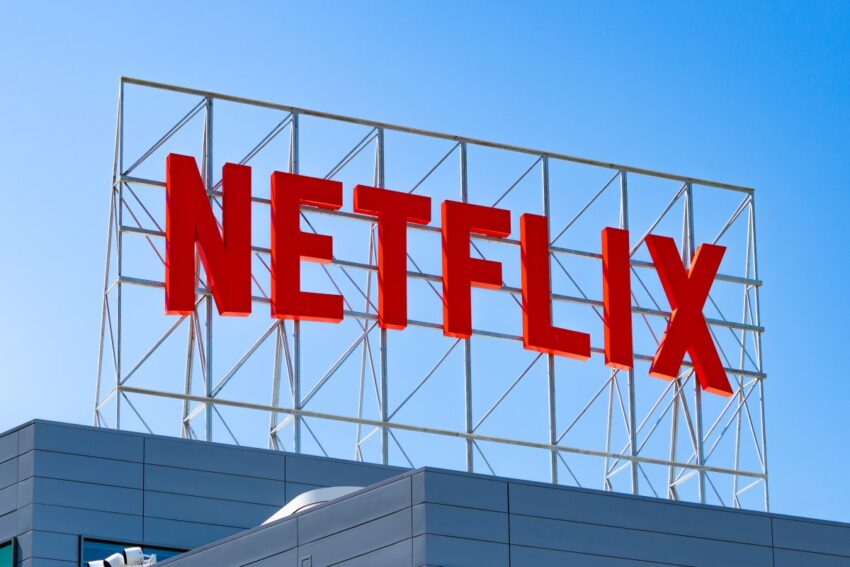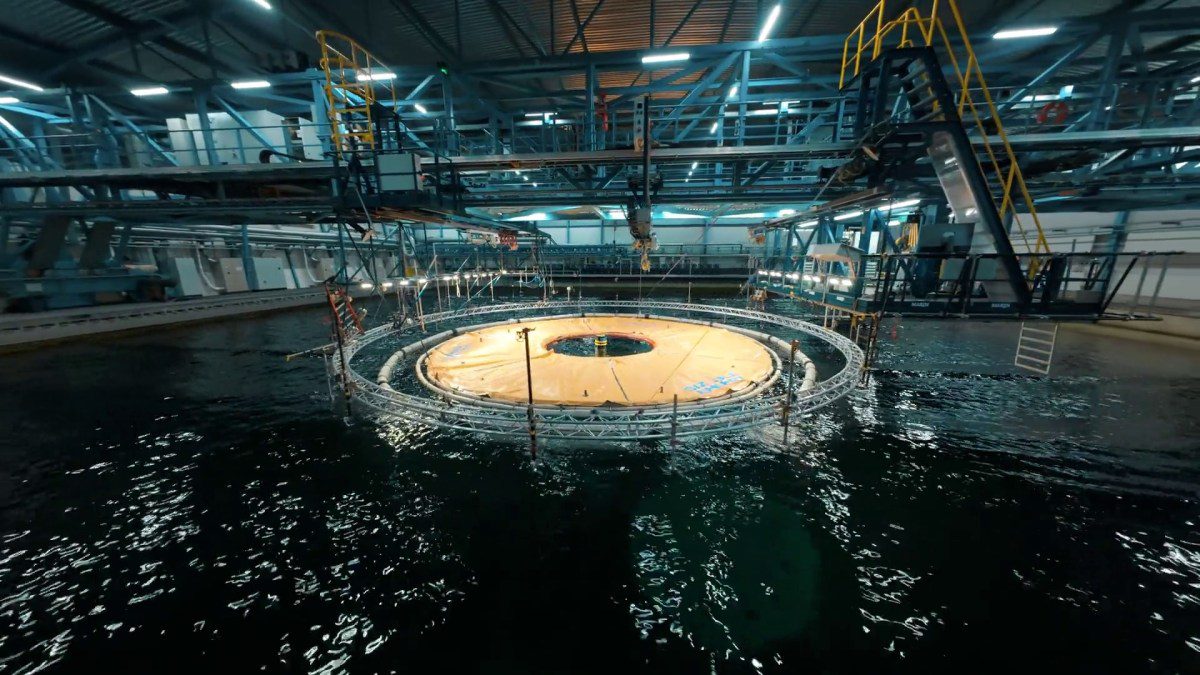
netflix goes all in on generative ai Netflix has announced a significant commitment to generative AI, aiming to enhance its creative processes while the broader entertainment industry grapples with the implications of this technology.
netflix goes all in on generative ai
Netflix’s Strategic Shift Towards Generative AI
In a recent statement, Netflix clarified its position on generative AI, emphasizing that while it does not intend to make this technology the foundation of its content creation, it recognizes its potential to streamline and enhance the efficiency of creative workflows. This nuanced approach reflects a growing trend among media companies to explore AI’s capabilities without fully relinquishing the creative control that human talent provides.
The Role of Generative AI in Content Creation
Generative AI refers to algorithms that can create new content, including text, images, audio, and video, based on existing data. For Netflix, the technology presents an opportunity to assist writers, directors, and producers in various aspects of production. By automating routine tasks, generative AI can free up creative professionals to focus on more complex and nuanced elements of storytelling.
For instance, AI tools can assist in scriptwriting by generating dialogue options or plot suggestions based on established themes and character arcs. This can lead to faster turnaround times for projects and potentially reduce costs associated with content development. Additionally, AI can analyze viewer preferences and trends, providing insights that inform creative decisions and help tailor content to audience demands.
Potential Applications of Generative AI
Netflix’s exploration of generative AI could manifest in several key areas:
- Script Development: AI can generate preliminary drafts or suggest modifications to existing scripts, allowing writers to iterate more quickly.
- Content Personalization: By analyzing viewer data, AI can help create personalized viewing experiences, suggesting content that aligns with individual preferences.
- Visual Effects and Animation: Generative AI can assist in creating visual elements, streamlining the animation process, and enhancing special effects in films and series.
- Marketing and Promotion: AI can generate promotional materials, such as trailers or social media content, tailored to specific audience segments.
The Entertainment Industry’s Mixed Reactions
Despite Netflix’s enthusiasm for generative AI, the broader entertainment industry remains divided on its implications. Some stakeholders view the technology as a valuable tool that can enhance creativity, while others express concerns about its potential to undermine the artistic integrity of content creation.
Supporters of Generative AI
Proponents argue that generative AI can augment human creativity rather than replace it. They believe that by automating mundane tasks, AI can empower creators to focus on storytelling and innovation. This perspective is particularly appealing in an industry that is increasingly pressured to deliver high-quality content rapidly and efficiently.
Moreover, supporters highlight the potential for AI to democratize content creation. With accessible tools, independent creators and smaller studios can leverage AI to produce high-quality content without the need for extensive resources. This could lead to a more diverse range of voices and stories in the entertainment landscape.
Critics’ Concerns
On the other hand, critics raise valid concerns about the implications of generative AI in the creative process. One major worry is the potential for AI-generated content to lack the emotional depth and authenticity that human creators bring to their work. Critics argue that storytelling is inherently a human endeavor, rooted in personal experiences and cultural contexts that AI cannot replicate.
Additionally, there are fears about job displacement. As AI tools become more sophisticated, there is a risk that some roles traditionally filled by humans could be automated, leading to job losses in the industry. This concern is particularly pronounced among writers, artists, and other creative professionals who may feel threatened by the rise of AI-generated content.
Balancing Innovation with Ethical Considerations
As Netflix and other companies explore the potential of generative AI, they must navigate a complex landscape of ethical considerations. The use of AI in creative processes raises questions about authorship, copyright, and the potential for bias in AI-generated content.
Authorship and Copyright Issues
One of the most pressing issues is the question of authorship. If an AI generates a script or artwork, who owns the rights to that content? This ambiguity could lead to legal challenges and disputes over intellectual property. As the technology evolves, it will be essential for the industry to establish clear guidelines regarding authorship and copyright to protect the rights of human creators.
Addressing Bias in AI
Another critical consideration is the potential for bias in AI-generated content. AI systems are trained on existing data, which can reflect societal biases and stereotypes. If not carefully monitored, AI could inadvertently perpetuate harmful narratives or exclude marginalized voices. To mitigate this risk, companies must prioritize diversity and inclusivity in their training data and ensure that human oversight remains a central part of the creative process.
The Future of Generative AI in Entertainment
As Netflix moves forward with its plans to integrate generative AI into its creative processes, the industry will be watching closely. The success of this initiative could set a precedent for how other companies approach AI in content creation. If Netflix can effectively harness the power of generative AI while maintaining the integrity of its storytelling, it may pave the way for a new era of innovation in entertainment.
Collaborative Efforts
To maximize the benefits of generative AI, collaboration between technologists and creatives will be crucial. By fostering an environment where AI serves as a supportive tool rather than a replacement for human creativity, the industry can explore new storytelling possibilities while preserving the essence of what makes content resonate with audiences.
Conclusion
Netflix’s commitment to generative AI represents a significant step in the ongoing evolution of the entertainment industry. While the technology holds promise for enhancing creative efficiency, it also raises important questions about the future of storytelling and the role of human creators. As the industry navigates these challenges, it will be essential to strike a balance between innovation and ethical considerations, ensuring that the heart of storytelling remains intact.
Source: Original report
Was this helpful?
Last Modified: October 22, 2025 at 5:38 pm
0 views















